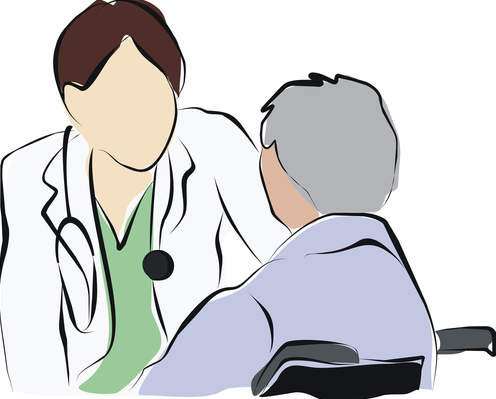

Catalyst surveyed 400 Baby Boomer patients and came up with a list of 10 DOs & DON’Ts — new ways for doctors and doctors’ office staff to improve the patient experience. “While many practices are struggling to meet basic patient expectations, some are doing very well and want to go further in providing an exemplary patient experience,” says Dan Prince, President of Catalyst Healthcare Research. “Ten of the ideas we tested in the study were in that spirit. We feel that innovators in healthcare will ultimately implement one or more of these ideas as a way of building stronger patient loyalty and differentiated brands.” Here are a few…
DO… (% of respondents who said that this behavior would make their patient experience better)
-
…hand a patient a printed summary of their visit as they leave the office, including the diagnosis and recommended plan of action (88%)
-
…talk to a patient about changing their behavior rather than immediately prescribing a drug for their situation (86%)
-
…provide a patient with a reliable estimate of their charges for a specific surgical procedure that they need (82%)
-
…offer an app that allows a patient to log in securely to see their test results, send private messages to the doctor, etc. (66%)
-
…send a patient a text message about 30 minutes before their scheduled appointment to tell them if the doctor is running on schedule (64%)
-
…use a mobile device (smart phone or tablet) to look up information about a drug before telling a patient about it (60%)
-
…offer free WiFi so that a patient can connect to the Internet while they are waiting to see the doctor (35%)
DON’T… (% of respondents who said that this behavior would make their patient experience worse)
• …spend most of your time typing on a computer, not making eye contact with a patient (84%)
• …schedule a patient to see their doctor but then have a nurse practitioner visit with them (67%)
• …avoid confronting or encouraging a patient to change their personal behaviors that are affecting their health (like smoking or obesity) (59%)
Baby Boomers were selected as the focus of this study because they represent a large and vocal segment of society. In addition, they are becoming heavy users of healthcare as they age, with 10,000 Baby Boomers becoming eligible for Medicare every day. “If we take this population’s perspective seriously, doctors and practice staff have the opportunity to change their behaviors such that today’s patient experience will be more in line with today’s patient expectations,” Prince adds.
Did you see emerging technologies on the list? OK, so I helped highlight them and you couldn’t miss them. Just keep in mind, boomers aren’t yesterday’s seniors– they are a whole new breed and they have arrived!
photo:chubphong/shutterstock